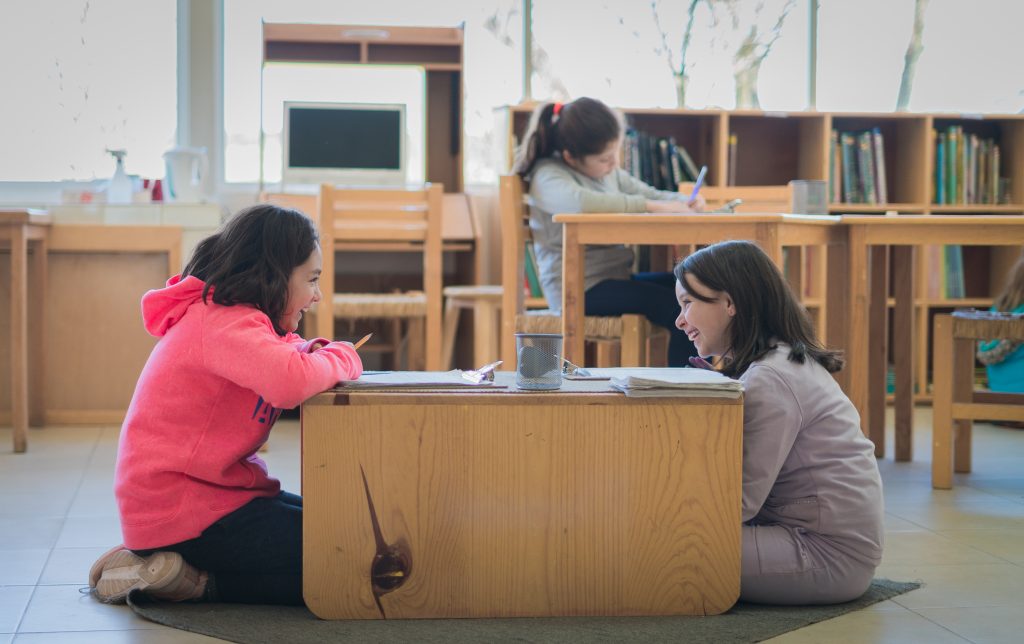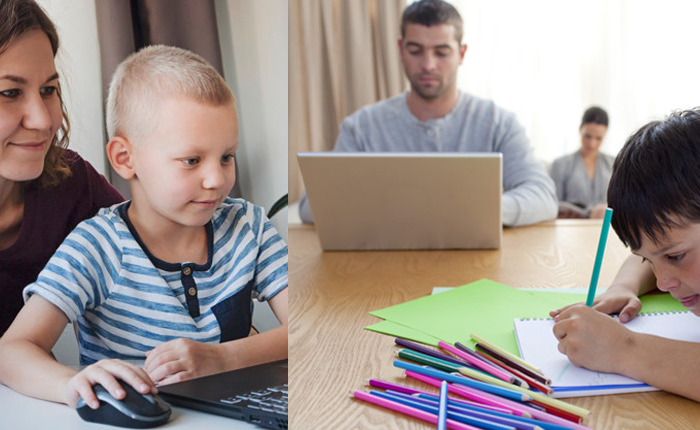When it comes about thinking whether is best for kids to have an early approach to electronic gadgets or not, it is really controversial and difficult for parents to decide what the right choice is. On one hand, some specialists say if kids don’t have access to technology, they would lose the opportunity to develop technology intelligence that is difficult to acquire later. On the other hand, some technologists and psychologists draw the attention to child´s exposure to screens at the risk of addiction and stunning development.
Some studies express that technology and screen time can help develop and improve children´s learning when is used appropriately; for example, they can help hand-eye coordination through engaging applications. They said that they can improve children language skills by reading eBooks or working with picture dictionaries and flashcards; they state also that kids develop higher capacity for visual attention with gaming and learning applications. Finally, they declare that electronic media develops problem solving skills, expands horizons and develops skills and talents.
On the contrary, people who developed those gadgets are saying now that the benefits of screens as a learning tool are overblown, and the risks for addiction and stunting development seem high. The developers of these gadgets are banning their children to have any regular hours to be on screens and they prefer their children have real experiences for spending their time instead. Besides, they are choosing schools where they don’t use tablets and screens.
Furthermore, the American Association of Pediatricians (AAP) has released an updated report about the best toys for childhood development – and there’s nary a screen or battery to be seen in their recommendations. For pediatricians the best toys go to the basics, those that make children social and that encourage relationships. They also need toys that help them to develop their language, their social skills, their physicality, and their problem solving. While simple toys like blocks, or a bat and ball, encourage all of these things, screens and digital toys can isolate kids and make them inactive.
One of the suggestions of the AAP for using digital devices is a maximum of one hour of “high quality programming” for children under 6. Recent research also suggests that it’s not so much the length, but the nature of the screen time that matters. Whether it’s passive TV or social media monitoring, active video game playing, socializing with WhatsApp, or getting creative in iMovie.
Aída Inda Rodríguez
Maestra de inglés Taller 2B




